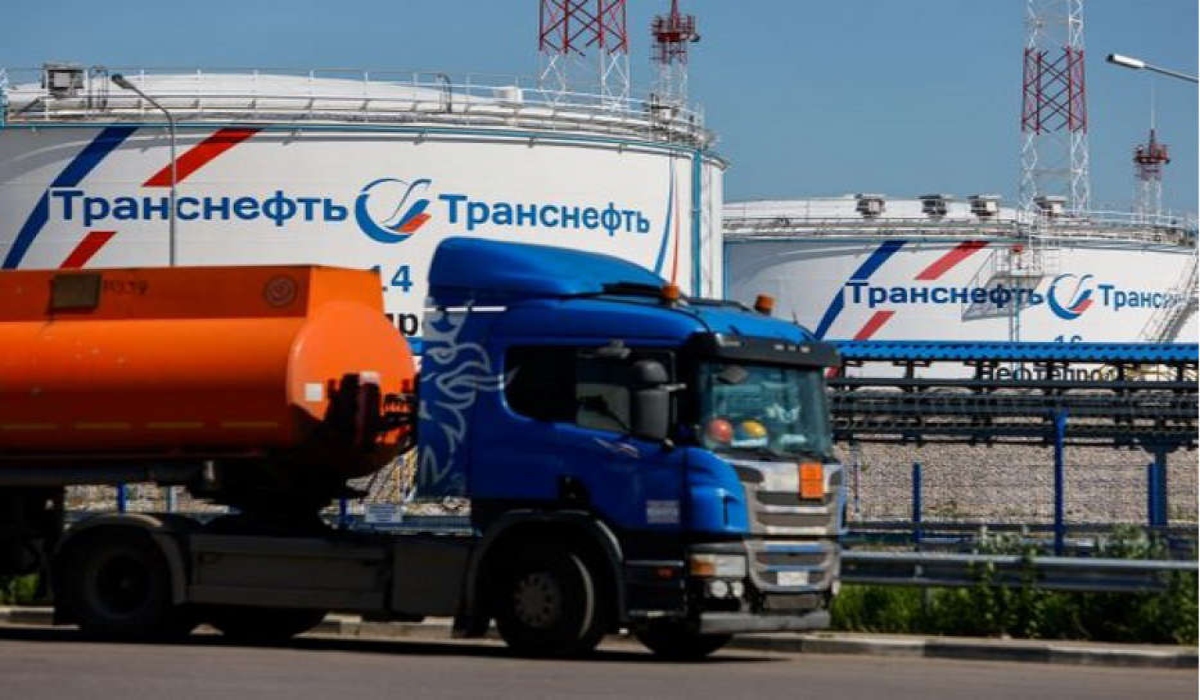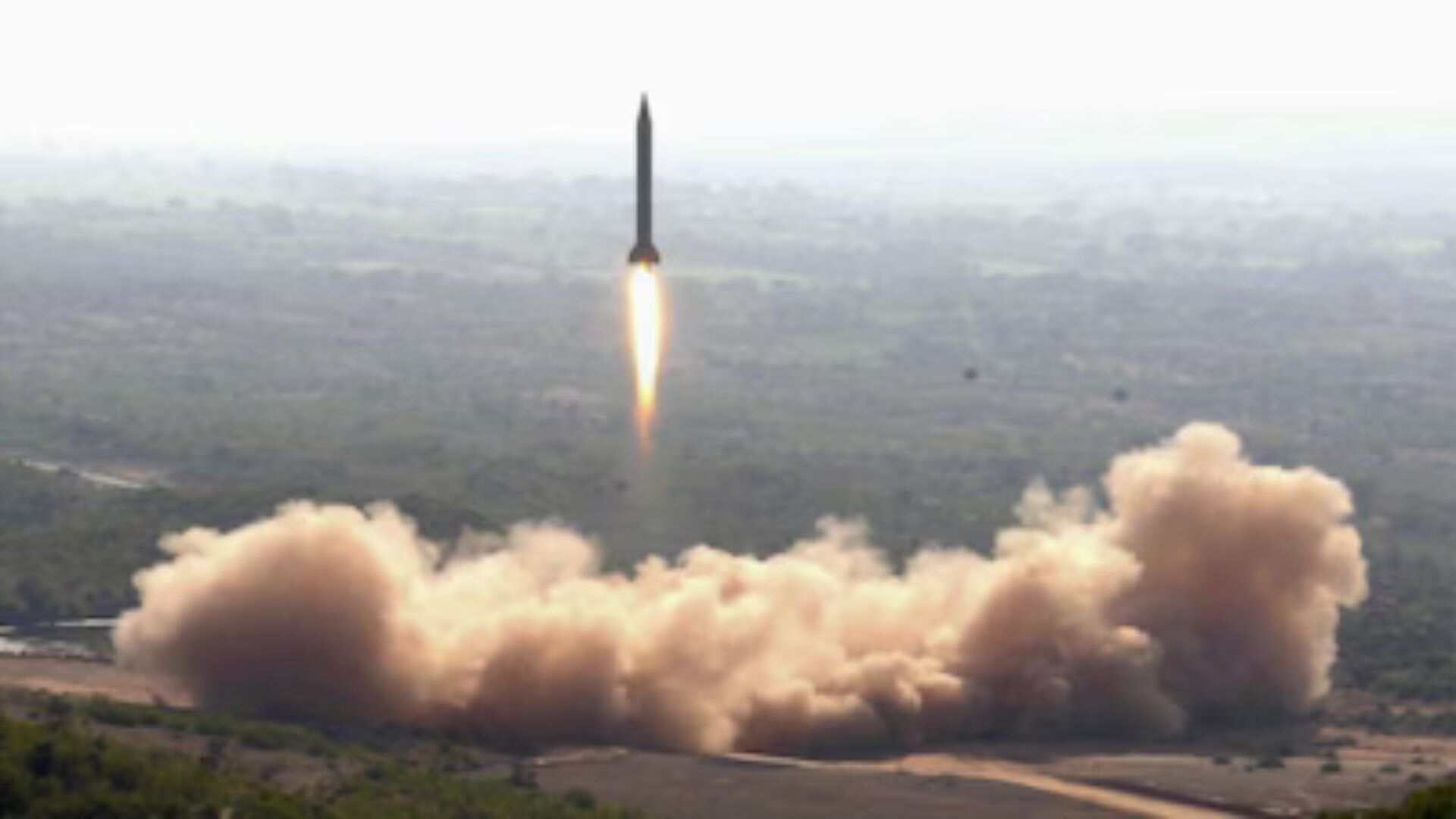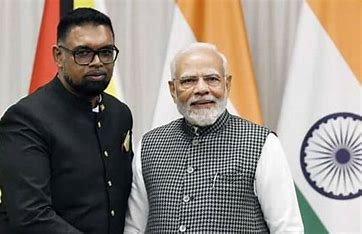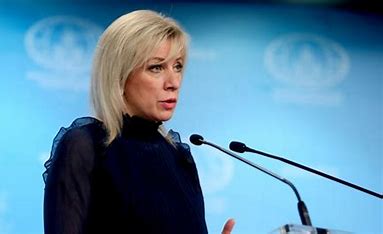
Pakistan can import oil from Russia on deferred payments as both countries are in talks to discuss the possibility, a senior government functionary revealed on Sunday following a recent meeting between Prime Minister Shehbaz Sharif and Russian President Vladimir Putin on the sidelines of the Shanghai Cooperation Organization (SCO) in Samarkand.
“What we have discussed during the recent interaction with the Russian side is the possibility of importing oil on deferred payments,” the official said, adding that Russia has shown interest in consideration of the proposal, as reported by The Express Tribune.
Former Prime Minister Imran Khan has repeatedly accused the US of being behind his ouster in April. Imran said he was punished for pursuing an “independent foreign policy,” particularly for his efforts to deepen ties with Russia. The US has always denied meddling in the internal affairs of Pakistan.
According to The Express Tribune, the transcript released by the Russian side following the meeting between Shehbaz and Putin gave no indication that Moscow was unwilling to work with the new government, which Imran and his supporters have labelled as a “puppet” of the US.
While the United States has set out with allies to punish Russian President Vladimir Putin for the war on Ukraine by sanctioning a raft of Russian companies and oligarchs and adding others to a trade blacklist, Pakistan is mulling importing Russian oil.
Pakistan’s monthly fuel oil imports are set to hit a four-year high in June.
The country’s fuel oil imports could climb to about 700,000 metric tonnes this month, after hitting 630,000 metric tonnes in May, according to Refinitiv estimates. Imports last peaked at 680,000 t in May 2018 and 741,000 t in June 2017.
Meanwhile, in June, the US blacklisted 36 companies, including those from China and Pakistan, for supporting Russia in the Ukraine conflict.
US President Joe Biden’s administration has added five companies in China to a trade blacklist for supporting Russia’s military and defence industrial base.
The agency also added another 31 entities to the blacklist from countries that include Russia, UAE, Lithuania, Pakistan, Singapore, the United Kingdom, Uzbekistan and Vietnam, according to the Federal Register entry. Of the 36 total companies added, 25 had China-based operations, reported Al Jazeera.















